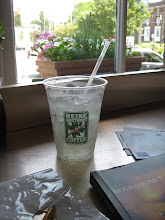Angels Reset
Consider the HBO spectacle we part-took on Tuesday.
Identify for us the following:
1. 5 overriding questions - what you must/need to/ feel you should ask when dealing with the agenda of this representation: play with the following interrogative words, WHAT, HOW, WHEN, WHO, WHY;
2. 5 decisive statements - what you need/want/ feel you ought to share with the rest of our community of learners when it comes to the way this representation 'reads' Kushner's dramatic text: play with the following words of cognition and sensation, BECOME, BE, SEE, TOUCH, GROW, FATHOM.

